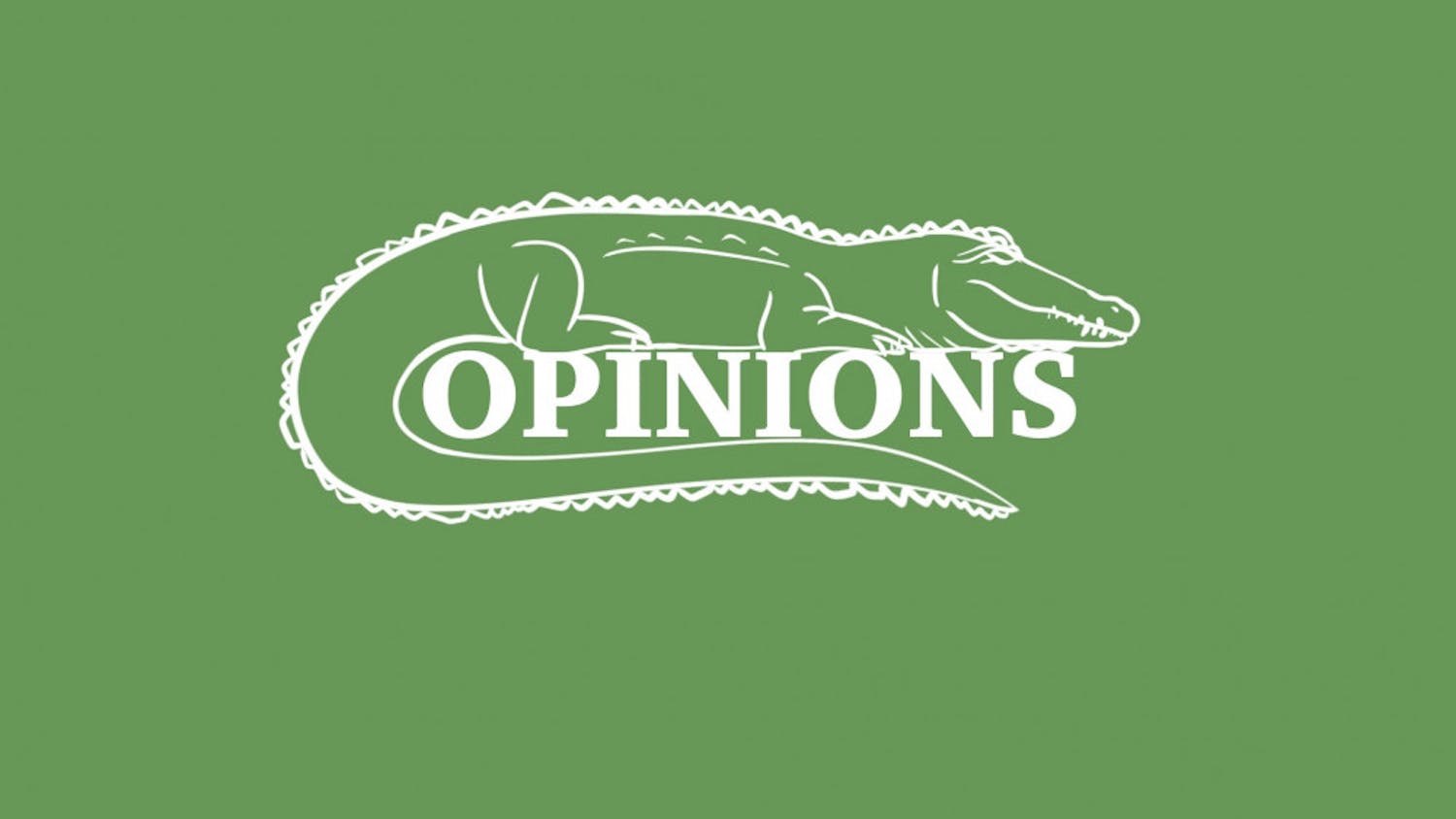Freedom is an addictive thing, isn’t it? Each time we get a little bit more freedom to do anything, regardless of the positive or negative impacts, we cling to it like a mother clinging to her newly born baby. It is our baby. It is our everything. But why is this so? Why do we find it so difficult to let go of any kind of freedom? I would put my hard-earned Monopoly money on the reason being a human tendency, to grasp onto anything that enables us to express ourselves. Since expression can be quasi-defined as life, the opportunity to live to one’s fullest potential, which I believe is infinite, can be equated as freedom.
Normally when we speak about potential, we tend to be biased toward the positive possibilities. We have heard discussions of raw athletes reaching their true potential in quickness and strength through hard work and preparation. This doesn’t accurately portray potentiality because it could either be directed toward the best or the worst. Potentiality refers to a future state. This can either be positive or negative depending on how you act in the present. And guess what, how you act in the present is always limited by the societal limits to your freedom.
So why would society decide to limit your freedom? Is this ever justifiable? Or is it a ruse to dominate the masses? In some cases it is, and in some cases it is not. In fact, in UF’s case, as in many advanced societies, there are both logical and moral reasons to limit an individual’s freedom. It makes logical sense, when living as a self-sustaining group of individuals that each person’s freedoms do not pose a justifiable threat to the goal of the society that is self-sustenance. Laws that punish for murder and theft have not only a moral basis but a logical push behind it. Since a majority of societies are formed to self-sustain and continue, it is reasonable for most societies to attempt to curb the apparently destructive potentialities of its citizens. Now, before dictators and oppressors rub their palms with glee, there is another dimension in this argument, and this involves the equality of each individual in the society, not in rank or intelligence or wealth but in human dignity or humanity. It is ironic that societies with the best basis of self-sustenance are actually those that allow the most individual freedoms tolerable to successful self-sustenance for obvious reasons such as greater expression of its members, leading to more creativity and risk taking.
A moral argument for the justification of curbing individuals’ freedoms in a society is that, since potentialities can be good or bad, and morally we would like what is in the best interest of ourselves for others, it is taken as a general norm that such leaders of societies take steps to curb the negative or bad freedoms, which are in the best interest of all. At the crux of this argument is the unity of individuals as human beings. In essence, the judgments of what are good or bad for you, which would normally be controversial, in this instance are not up for debate. If we can agree that what is harmful to you is bad, then society can make clear and decisive actions to curb your freedom.
UF recently passed a smoking ban earlier this month prohibiting students from using tobacco products on its main campus. If my writing has been persuasive enough, you would take the logical and moral view that this is one step in the right direction for the institution. We all are aware of the dangers of smoking, not only to smokers, but to nonsmokers who arguably have their own freedoms (to clean air) infringed upon.
The fact is, yes, your freedoms have been curbed, and yes, there are logical and moral reasons that could be made for it. It may be unenforceable, but it sends a positive message to its students. Freedom is a beautiful thing, but the craving to hang onto the decisions to ultimately do us harm is not only immoral but silly. Let’s try not to be silly.





